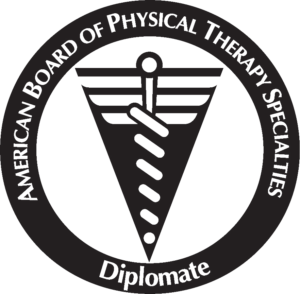Many women have vaginal dryness with menopause, when they are breastfeeding, or with long term…

Estrogen and Heart Health
Did you know that estrogen is not just for menstrual cycles and having babies? Estrogen is a very important hormone that contributes to most women’s health issues. Let’s dive into how it impacts our heart health.
Heart attacks and heart disease are the number one cause of death in women over the age of 65, running at the same rate as men. Prior to age 65, estrogen plays an important protective role in women’s heart health. Besides decreased estrogen, other risks for heart disease in women include: smoking, type 2 diabetes, high blood pressure, high bad or low good cholesterol, obesity, sedentary lifestyle, and a family history of heart disease.
What role does estrogen play exactly?
- Increases HDL (good cholesterol)
- Decreases LDL (bad cholesterol)
- Regulates blood clot formation
- Relaxes, smooths, and dilates blood vessels for improved blood flow
- Soaks up free radicals that can damage arteries and tissues
So it makes sense that as estrogen levels go down, the risk of heart disease increases. During menopause, there are changes in the blood vessel walls and an increase in blood clots and arterial plaques. Menopause can also be at time when some women start to see blood lipids and LDL levels increase.
For many years, it was presumed that use of hormone replacement therapy (HRT) would help to prevent the cardiovascular changes that occur during menopause due to decreased estrogen. This did not hold true in long term studies and other side effects arose from long term use of HRT. The use of HRT by themselves should not be used for the prevention of heart attacks or strokes.
What can we do to help prevent heart disease, especially after menopause if estrogen therapy isn’t recommended? We have quite a few options.
- Quit smoking or don’t start if you currently don’t
- Maintain a healthy weight or lose excess weight
- Complete 30-40 minutes of moderate intensity exercise 3-4 days per week
- Focus on eating a diet low in saturated or trans fats
- Eat a diet high in fiber, fruits, veggies, grains, legumes, fish, and folates
- Treat and manage chronic health concerns such as diabetes, high blood pressure, or high cholesterol or triglyceride levels
Taking care of the factors that contribute to heart disease in women make a big difference especially as estrogen levels go down. Even before menopause starts, we can start to make heart healthy changes with diet, exercise, and taking care of our health.
Our providers specialize in women’s health and can help you develop a program for complete lifestyle changes to reach your wellness goals. Click Here to request a free 15 minute consultation!




